
Ghana's Attorney General (AG) has called on stakeholders to engage in a dispassionate discussion on the Office of the Special Prosecutor Bill 2017, to speed up the process of creating a truly independent office to deal with public sector corruption.
Expressing optimism that the Bill will be ready soon, Ms Gloria Akuffo said: "It is our belief that the establishment of the Office of the Special Prosecutor will be a major step towards strengthening the anti-corruption regime in this country, and thereby, substantially reduce the canker, if not eliminate it.
She added: "We believe that the establishment of a dedicated anti-corruption office, vested with investigative, prosecutorial and asset recovery authority, will result in improved execution of our anti-corruption efforts, rather than a continued reliance on multipurpose or mixed mandate agencies."
The Chronicle agrees in toto with the call by the AG, judging from the fact that, in recent times, media reportage on public sector corruption has come under serious scrutiny.
The annual Auditor General's report has also exposed the level at which civil and public officials have been involved in corrupt activities, which has attracted public criticism on the subject matter.
Year in, year out, the Public Accounts Committee (PAC) in Parliament, which sittings, most of the time, are telecast live on the national television, has further brought to light how institutionalised public sector corruption has become.
What is poignant about the whole process is that, after being exposed in the Auditor General's report, people who could easily be described as 'looters of state coffers', appear at the Public Accounts Committee hearing and try to flex their muscles, or court public sympathy.
For example, after being cited for blowing state funds to the tune of GH?5 million, a former Chief Executive Officer (CEO) of the Driver and Vehicle Licensing Authority (DVLA) appeared before the PAC to apologise to Ghanaians, saying, "To err is Human", and he walked free.
Dissatisfied with such blatant embezzlement of state funds, some civil society groups and individuals have taken it upon themselves to do whatever it takes, including going to court, to help retrieve some of these state funds.
This is the reason why The Chronicle deems it an obligation to add its voice to the call by Ms Gloria Akuffo to all stakeholders, to speed up the process to get the Special Prosecutor to hit the road running.
The Special Prosecutor, according to the draft bill, will have the mandate to investigate and prosecute cases of alleged corruption, under the Public Procurement Act 203 Act 63 and other corruption-related offences implicating public officers, political office holders and their accomplices in the public sector, as well as trace and recover the proceeds of corruption.
The Bill, which is expected to be laid before Parliament after it has gone through the consultative drafting stages, is also projected, among other things, to define modalities for the appointment and operations of the Special Prosecutor.
Because the Office of the Special Prosecutor is going to be established by an act of Parliament, it will be independent of the executive and other arms of government, and will have the powers to investigate and prosecute corrupt officials.
President Nana Addo Dankwa Akufo-Addo, about a week ago, hinted that the Special Prosecutor's office will be functional within six months.
The Chronicle therefore believes and hopes that the Bill will be ready soon, and passed into law to enable the Special Prosecutor, whoever he or she may be, to commence what majority of Ghanaians are looking forward to.
Read Full Story
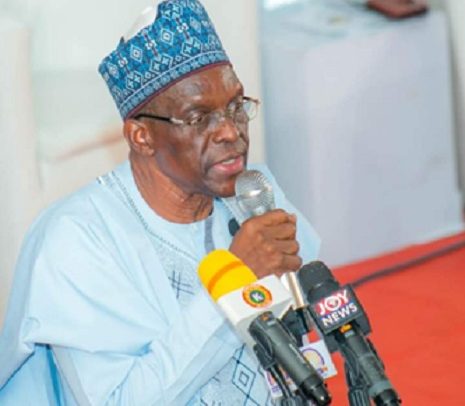
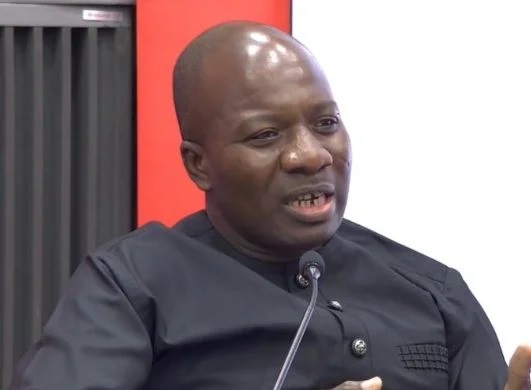
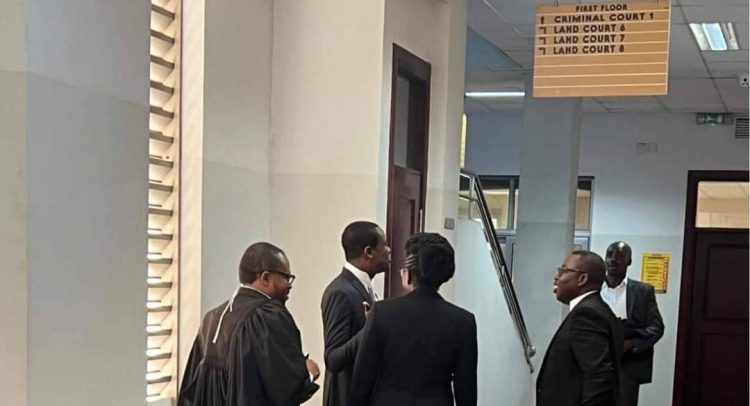
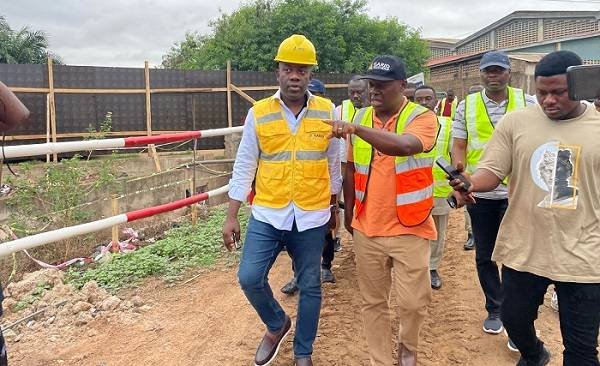
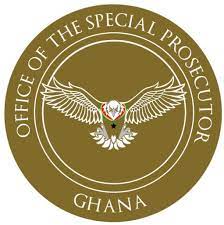












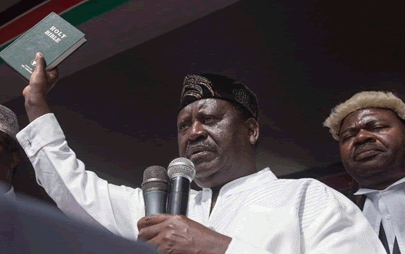





Facebook
Twitter
Pinterest
Instagram
Google+
YouTube
LinkedIn
RSS